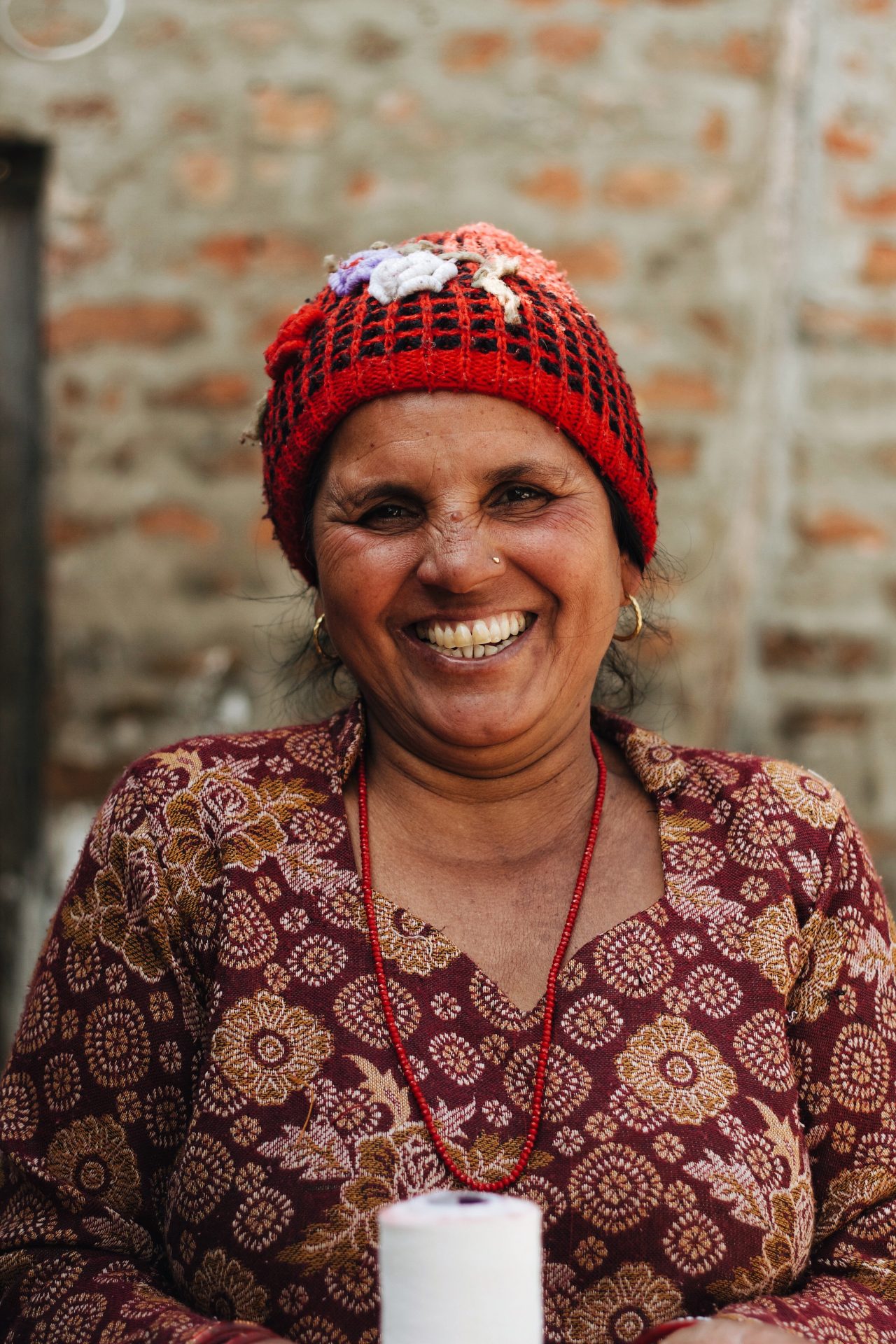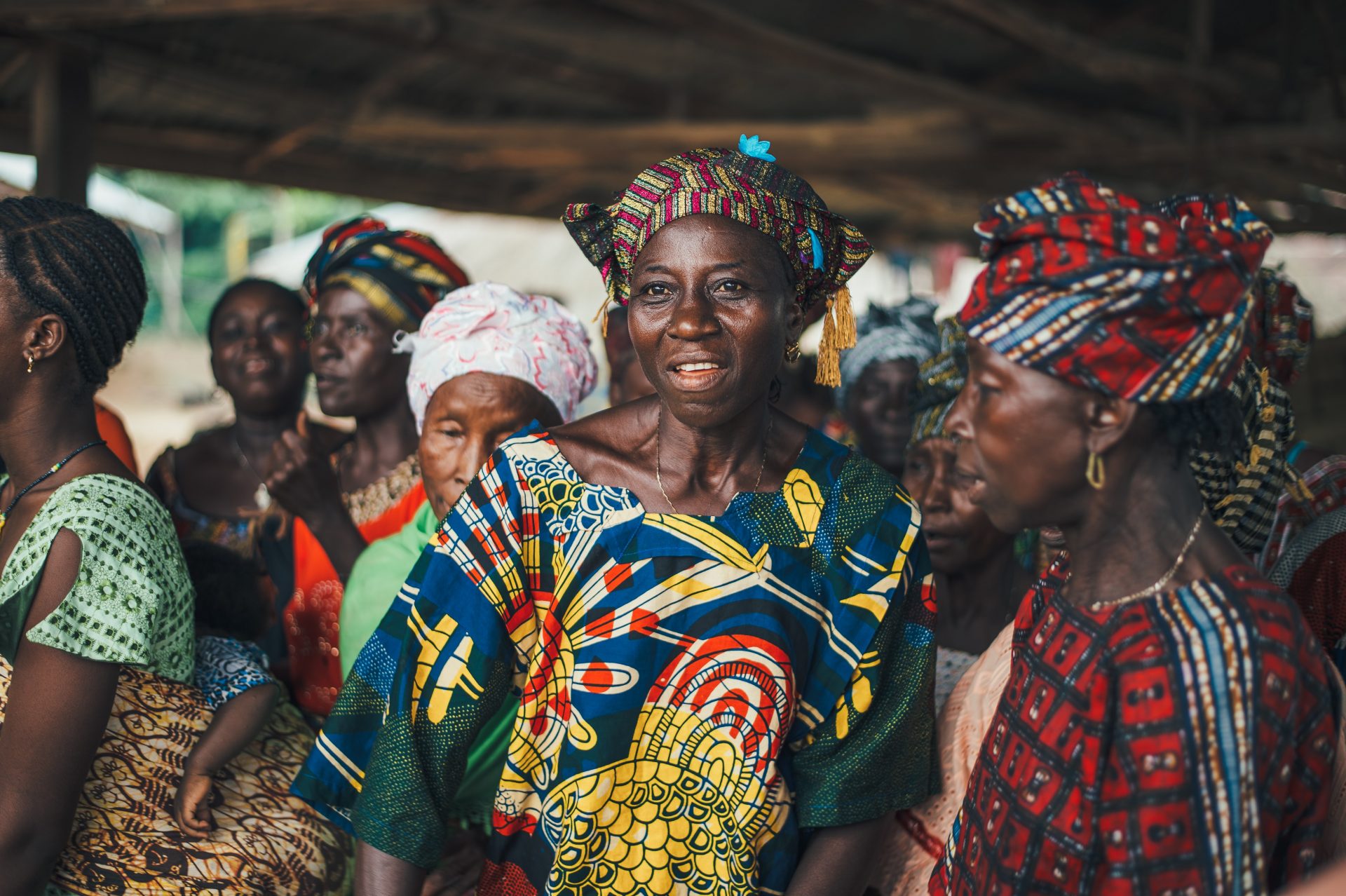- This article compiles the views of authors from the special issue “Gender perspective in resilience, vulnerability, and adaptation to global environmental change (GEC).
- It discusses theoretical considerations such as the concept of power dynamics in feminist political ecology, the potential of the livelihood and intersectionality approaches in GEC, and the relationship between resilience theories and critical feminist research.
- It also comments on insights from empirical papers and methodological advances stemming from qualitative, mixed-method, and intersectional approaches.
It discusses theoretical considerations such as the concept of power dynamics in feminist political ecology, the potential of the livelihood and intersectionality approaches in GEC, and the relationship between resilience theories and critical feminist research. It also comments on insights from empirical papers and methodological advances stemming from qualitative, mixed method, and intersectional approaches.

[When programming and policies do not provide equal footing for women’s cultural beliefs and expertise, this can] have significant impact on women’s authority at a local level since their responsibilities as household and community caregivers and healers could be undermined if they are not actively involved in these initiatives or if their knowledge and expertise is neglected in such strategies.
In future work involving GEC, it is imperative that women and other marginalised voices are represented. There must also be an understanding of the scale at which concepts like resilience are defined in policy. Furthermore, utilising more intersectional approaches in adaptation and resilience challenges while avoiding generalisations of marginalised populations is essential.
Future research on GEC should also explore other intersectional areas like race, sexuality, and ability/disability.
We find that ideas for how intersectionality can enrich the dialogue and body of knowledge around resilience, adaptation, and GEC is only just beginning. There are myriad ways in which this way of approaching complex identities and vulnerabilities could be integrated further into disciplines such as geography, development studies, sociology, economics, and agricultural sciences.





